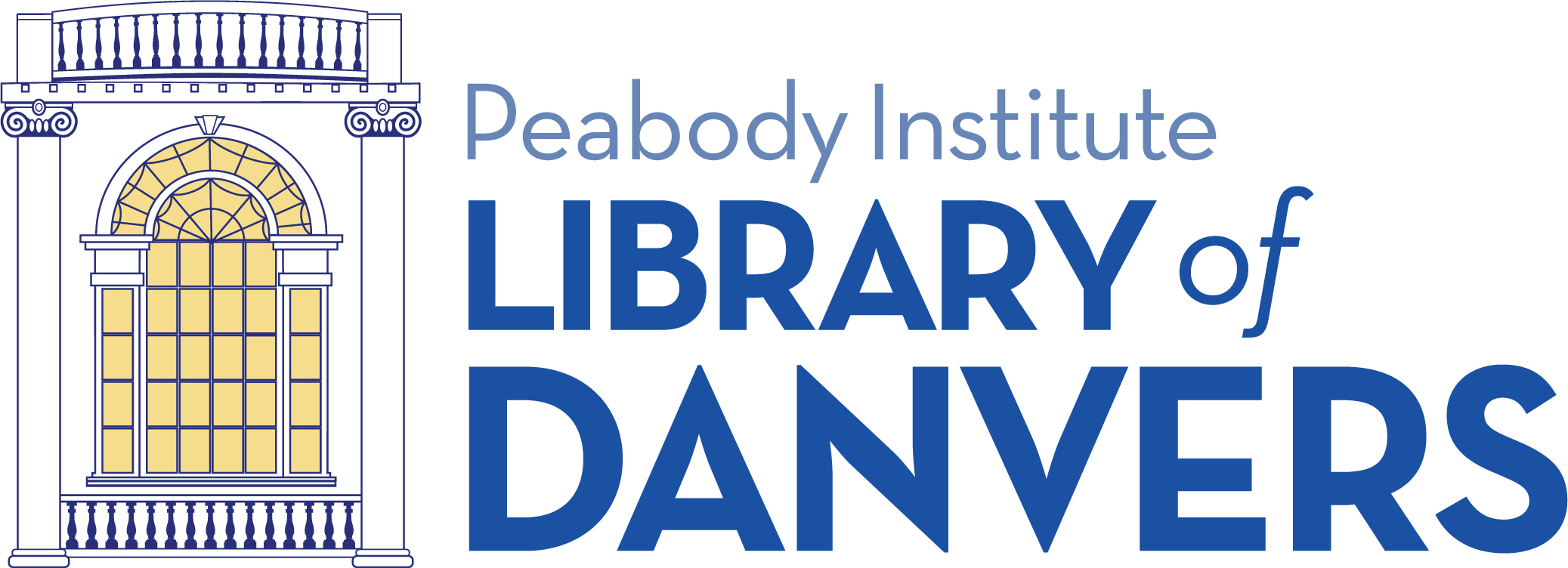 When talking about books (or films, or music) I do my level best to steer clear of certain adjectives that–since the dawn of time and/or the creation of the word–have been repeatedly beaten against a very sharp, very large rock. Any nuance these descriptors once contained has long since run like ichor into the Meaningless Ocean. So you can imagine how badly I’m cringing at the thought of using one now, and yet. And yet my mind won’t let go of the word, shoving it to the forefront whenever my thoughts turn to Gerard Jones’ Men of Tomorrow.
When talking about books (or films, or music) I do my level best to steer clear of certain adjectives that–since the dawn of time and/or the creation of the word–have been repeatedly beaten against a very sharp, very large rock. Any nuance these descriptors once contained has long since run like ichor into the Meaningless Ocean. So you can imagine how badly I’m cringing at the thought of using one now, and yet. And yet my mind won’t let go of the word, shoving it to the forefront whenever my thoughts turn to Gerard Jones’ Men of Tomorrow.
See, the true story laid out in this book…it’s fascinating. Utterly.
There’s no lie in that subtitle: the birth of the comic book (the storytelling, the art, the characters, the industry, all those egos) is the axis on which Men of Tomorrow turns. The thing is, a whole, beaming-bright universe of American history glommed on for the ride. There be decades in these pages, long years that hosted war and prohibition and depression and hope that ebbed and flowed like the tide. And I loved every minute spent on delving into the details.
The starting point Jones used to leap a tall narrative-shaped building in a single bound was the creation of Superman. You might be distantly aware of Jerry Siegel’s and Joe Schuster’s struggle with DC Comics to be acknowledged as the creators of the Man of Steel, or perhaps, somewhere along the way, you might have heard about the death of Siegel’s father. While the book covers both of those events it also looks at the various sources the boys drew inspiration from–the actors and films and novels and pulp magazines that filled their day-to-day lives and fed their imaginations. It looks at their collaborators, at the plots they cast aside, either because they had moved on to a new idea or because they were told that revealing Superman’s identity to Lois just wouldn’t do. It looks at other projects they tackled, and characters that never saw the published light of day (and if they did, were eclipsed in the blink of an eye).
Men of Tomorrow always, always comes back around to Siegel, Schuster and Superman. But that’s not the whole story.
Jones fills in the gaps with those gangsters also mentioned in the subtitle, with competing comic book houses in-the-making and the artists/writers churning out panel after panel to (often just barely) stay afloat, with too-shrewd, far-seeing accountants, with committees convened and charged with tossing pornography on a pyre, and with a finger on the pulse of what was happening in America between the late 1800s and the early 1960s.The wealth of fascinating information Jones packs into this book is mind-boggling.
Enjoying comic books, or superheroes drawn in any medium, like television or film, is not a prerequisite for reading Men of Tomorrow, really, it’s not. Pop culture junkies and American history buffs and budding entrepreneurs, this is your book too. If you haven’t read it yet, I’d say do that now.


